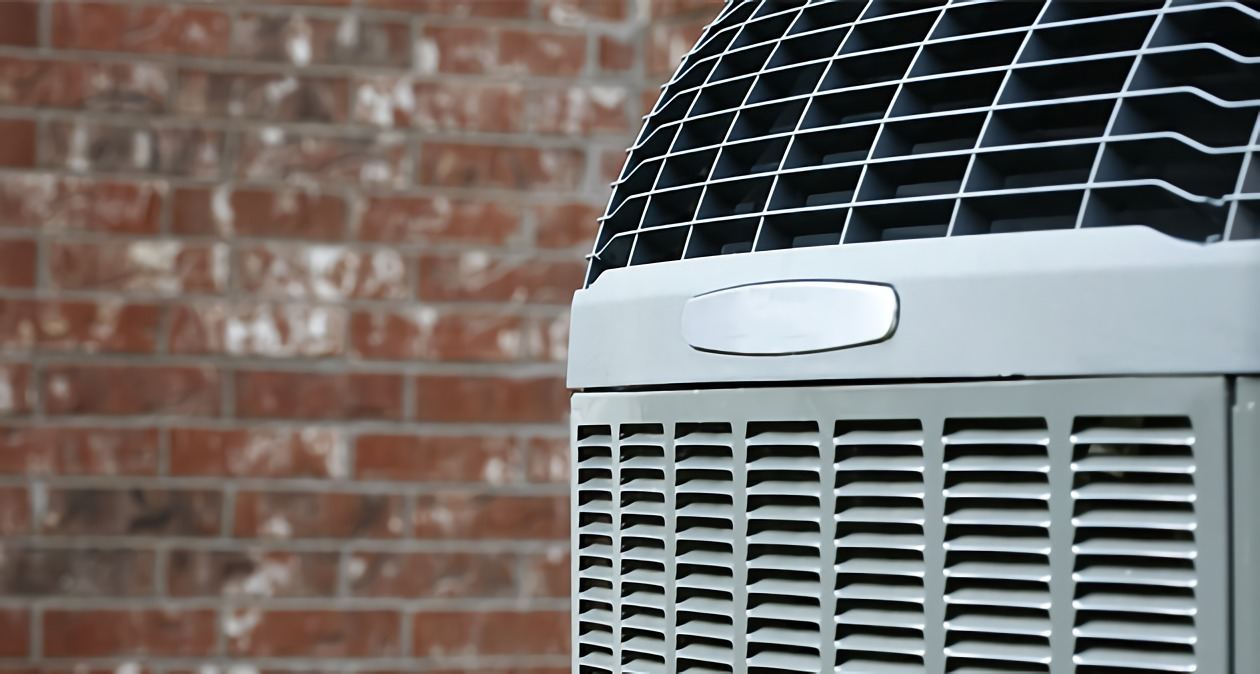RSI is a Great Training Option for Everyone
Learn more about how we can prepare you to advance your career.
Heating, ventilation and air-conditioning (HVAC) technicians install and maintain HVAC systems in new and established residential and commercial buildings. Some technicians specialize 1 in one aspect of the trade, such as heating. Others work on all types of HVAC systems. Technicians may work on both installing and repairing systems, or they can limit their work to one or the other. Still others may prefer to specialize in one sector, like solar panels or commercial refrigeration.
HVAC Career Outlook
The job outlook over the next few years for HVAC technicians is good. According to the Bureau of Labor and Statistics (BLS), between 2012 and 2022, job growth is anticipated at 21 percent. This is faster than the average projected growth for all other occupations. There is a growing need for more technicians in both commercial and residential settings.
HVAC Skills
Even though job opportunities are excellent, the BLS notes that there are not enough qualified technicians. Those who have HVAC training from a trade school and have learned certain skills will be in high demand. There are specific skills that employers expect all of their HVAC technicians to have. They must be able to:
- Read blueprints and follow design specifications for installing an HVAC system, in both new and existing buildings.
- Properly connect the HVAC systems to supply lines and install the necessary electrical wiring. They must also know how to connect the system to air ducts and take all other necessary steps in the installation process.
- Understand how the entire heating and air-conditioning systems function. Jobseekers must posses a complete understanding of how HVAC systems work in order to be able to install and maintain them.
- Know how to follow government regulations concerning the recycling of refrigerants, including the proper handling and disposal of all relevant fluids and gases.
- Evaluate job-related safety hazards and employ accident prevention techniques.
- Use testing equipment in order to detect malfunctioning parts, and identify necessary repairs.
- Use all types of tools. For example, HVAC technicians use ordinary hammers and screw drivers in installing and maintaining HVAC systems. They also use specific tools of the trade, such as acetylene torches, carbon monoxide testers and a number of other sophisticated tools.
- Use computer skills in order to employ software programs that allow them to locate job assignments. They also need to know how computers can be used to control and maintain HVAC systems.
- Troubleshoot. Although installing systems is a major part of the job description of a HVAC technician, identifying problems in non-working systems is another part. An HVAC technician who can quickly and accurately detect and repair the problem is very sought after.
- Communicate effectively. Much of the job involves interacting with customers who report problems with their systems. Customers are usually not familiar with the language of the industry and explain their problems with their systems in possibly unusual terms. Technicians must listen carefully and patiently and know what questions to ask to help identify the problem. Also, selling service contracts is often part of the job description, so technicians need to know how to positively relate to customers in a way that makes the customer receptive to the purchase.
No matter what area of HVAC a person chooses to focus on, there are a number of skills that must be acquired. In addition, the skilled HVAC technician will stay up-to-date on technological advancements and be willing to constantly learn how to improve and expand upon their technical skills.
Wondering how to obtain these important HVAC skills? Vocational training from The Refrigeration School provides students with hands-on training in areas of HVAC that employers value. Contact RSI for more information today.
Get Started on the Path to a New Career
Fill out our form to learn how we can help you change your life.
Additional Sources
1. http://www.bls.gov/ooh/installation-maintenance-and-repair/heating-air-conditioning-and-refrigeration-mechanics-and-installers.htm#tab-2
This blog has been labeled as archived as it may no longer contain the most up-to-date data. For a list of all current blog posts, please visit our blog homepage at https://www.rsi.edu/blog/




